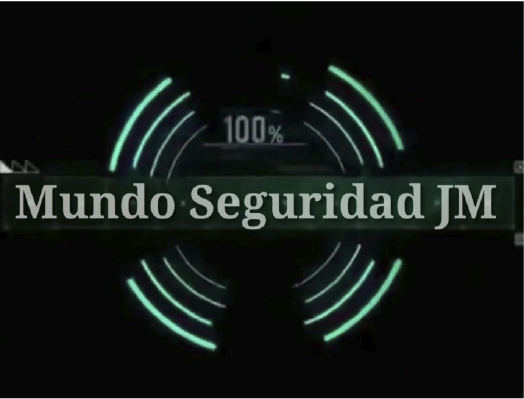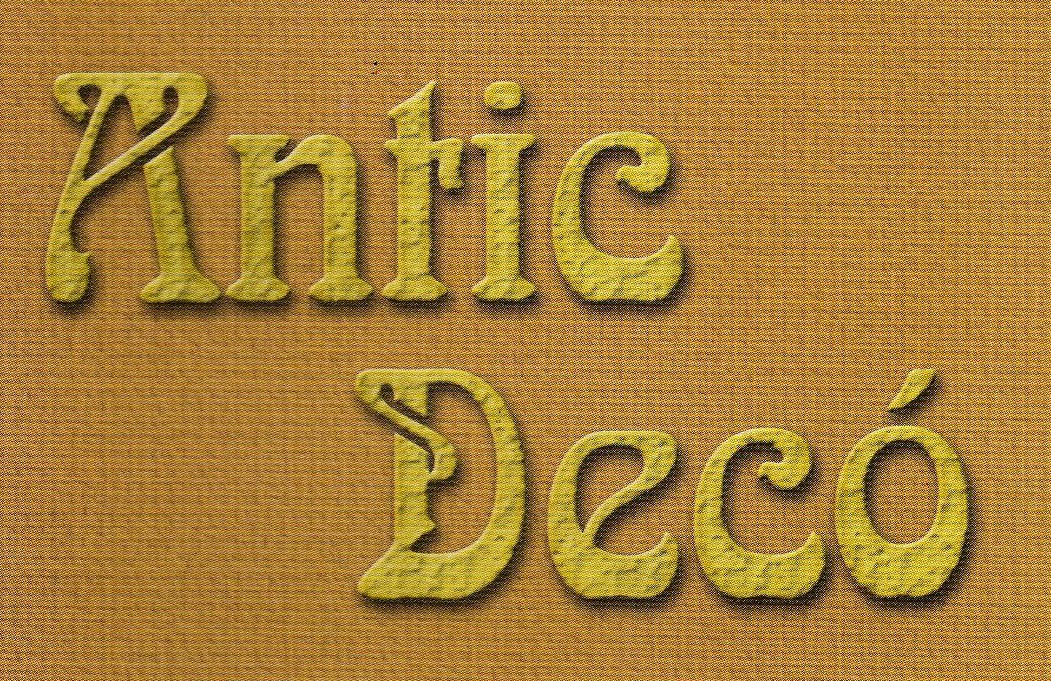The trees have not let Del Bosque see

To make a balance of Del Bosque's time as national coach, leaving aside his human qualities and emotional manager of the group of selected players that no one has discussed or wanted to discuss, there is no choice but to observe his "conceptual" trajectory: how he has made the national team play and what results it has obtained with its various approaches and players, and try to find a rational explanation for those results.
From this point of view, throughout these eight years we clearly see two stages: a first of great successes, the 2010 World Cup and the 2012 European Championship, and two great disappointments, the 2014 World Cup in Brazil and the 2016 European Championship in France, the latter aggravated by what that represent the contrast between the weight of Spain and its players in club competitions and the recognizable way of playing that led us to those successes, and the verification of our particular descent into hell along playing paths that we can describe as inefficient and unexplained.
Evidently, in a country like Spain, historically accustomed to losing, having won two euros and a World Cup consecutively in the golden age of 2008-2012, the global analyzes of Del Bosque's time in the national team are generally positive, without the latest events, resolved by fast track, tarnish the general feeling of having brought Spain to the top.
And yet this should not be so.
In retrospect, there is reason to say that Del Bosque won the World Cup and the European Championship without really knowing why, in the same way that he does not know why we were eliminated outright in the last two competitions by nations, in addition to offering a poor performance in the two Confederation Cups that we have played.
In short: it is more logical to think that Spain won more and better when it did things well, and that it lost when it did worse, and that this is something that can be rationalized, to learn it and not stumble over it again.
What happens is that in the case of Spain, the last defeats have been especially sad, because of what they mean as a confirmation of the lack of vision and reflection of the coach of the game system that his predecessor left him, and how he has wasted it by moving away of the principles that define it, principles that other national teams have been adapting to place themselves in the place that Spain, due to its bad head, has left free.
A spendthrift heir who has spoiled his estate, yes, because of his bad head.
Conceptually, Spain has repeated in France the ills of Brazil, and what is worse, it has ceased to be competitive. It was under certain parameters, but it has ceased to be gratuitously and without any need, and this is the true tragedy that Del Bosque leaves behind.
The origin of the change in the methodology of the game can be traced back to the semifinal of the 2013 Confederations Cup against Italy, which came out to press the ball out of Casillas, a goalkeeper who does not control the ball with his feet, and who chained a succession of long balls that caused a multitude of losses and Italian counterplay, who had Spain on the ropes in many phases of the match.
Italy had learned from their experiences against Spain at Euro 2008 and 2012 and was determined to avoid suffering from a “Malay drop” system of possession and control, which as the match progresses becomes suffocating for the opponent, who arrives cyanotic at end of the match. To do this, he attacked from the first moment the origin of the play, the goalkeeper's serve and the pressure on the sides, intimidating the ball out, to generate randomness in possession, divided balls and obscuring the technical and tactical qualities of the players. Spanish midfielders, less physically gifted.
In that game it became abundantly clear that a goalkeeper who does not know how to play with his feet, like Casillas, is ruled out to apply a control and possession game system like until then, better than better, Spain had been applying during the Del Bosque era.
Prandelli was tactically and strategically superior to Del Bosque in that match, decided on penalties in our favor, but in the laboratories that count (Löw) he pointed the way to others.
Perhaps as a consequence of that game and the final against Brazil, and given the appearance of fit players in the Spanish league who wanted to find accommodation against all odds, (Costa), along with the coach's commitment to the same goalkeeper in Brazil 2014 - despite the fact that he was a substitute for most of the previous league - the repeated strategy of long balls from goal and balls into space to Costa, playing as a pure nine, in the first game against the Netherlands led us to blur our strong points, and fundamentally the control of the rhythm of the game, and to be very depleted psychologically, something that Chile took advantage of to kick us out without further ado.
This match served Del B
COLLABORATORS / SPONSORS

SPECIALIST LEGAL SERVICES FOR FOREIGN ATHLETES: IMMIGRATION AND NATIONALITY
Carolina Morales López
Lawyer
Whatsapp: 679 528 568
Email: carolinamoraleslopez@icab.cat








